Wooden Pallet Treatments: Ensuring Chemical Safety & Regulatory Compliance
Wooden Pallet Treatments: Ensuring Chemical Safety & Regulatory Compliance
- Insights
- Austria, Bahrain, Germany, Hungary, Oman, Poland, Romania, Saudi Arabia, South Africa, United Arab Emirates
- FMCG (Fast Moving Consumer Goods), Petrochemical & Chemical Industry, Pharmaceuticals & Healthcare
- Industry solutions
In chemical logistics, the safety and integrity of packaging play a crucial role. Wooden pallets, widely used for chemical transportation, require specific treatments to meet international regulatory standards and industry-specific safety demands.
Standard Treatment: Heat Treatment (HT)
The International Standards for Phytosanitary Measures No. 15 (ISPM 15) mandates the heat treatment of wooden pallets used in international trade. This standardized process involves heating wooden pallets to a core temperature of at least 56°C for a minimum duration of 30 minutes. The primary goal is to eliminate pests and pathogens, preventing the spread of invasive species and ensuring compliance with global shipping regulations. Companies adhering to ISPM 15 significantly reduce their risk of shipment delays and regulatory fines.
Besides pest elimination, heat treatment also provides additional advantages. By reducing moisture content through kiln drying, wooden pallets become more resistant to mold, fungi, and structural weakening—essential for maintaining pallet integrity during chemical transport.
Specialized Treatments for Enhanced Safety
In addition to the standard heat treatment, chemical companies often require specialized wooden pallet treatments that address specific safety and operational needs:
Fire-Retardant Treatments: Chemicals classified as flammable or combustible necessitate additional safety precautions. Applying fire-retardant chemicals via pressure treatments helps wooden pallets resist ignition, significantly slowing the spread of fire in emergencies. This precaution is critical in industries handling volatile chemicals, improving both worker safety and operational security.
Enhanced Ventilation Design: Chemical products sensitive to moisture or temperature variations benefit from pallets constructed with enhanced ventilation features. These specialized designs promote airflow, reducing condensation, moisture accumulation, and risks related to product degradation or chemical reactions. Enhanced ventilation thus helps ensure product stability throughout transportation and storage.
Additional Specialized Treatments (Plastic and Metal Pallets)
While wooden pallets offer advantages in cost and customization, certain specialized treatments like static dissipation coatings and spill containment features are generally more suitable for plastic or metal pallets. Plastic and metal platforms have inherent properties allowing greater flexibility for these treatments, making them ideal choices for sensitive or highly regulated chemical products requiring advanced handling conditions.
Choose the Right Treatment with PalletBiz
Understanding the importance of pallet treatments tailored specifically for chemical logistics helps ensure compliance, improve safety, and maintain operational efficiency. At PalletBiz, we offer a comprehensive range of pallet treatments and customization options to meet both standard and specialized chemical logistics requirements.
Enhance your chemical logistics safety and compliance today by exploring PalletBiz’s tailored pallet solutions.


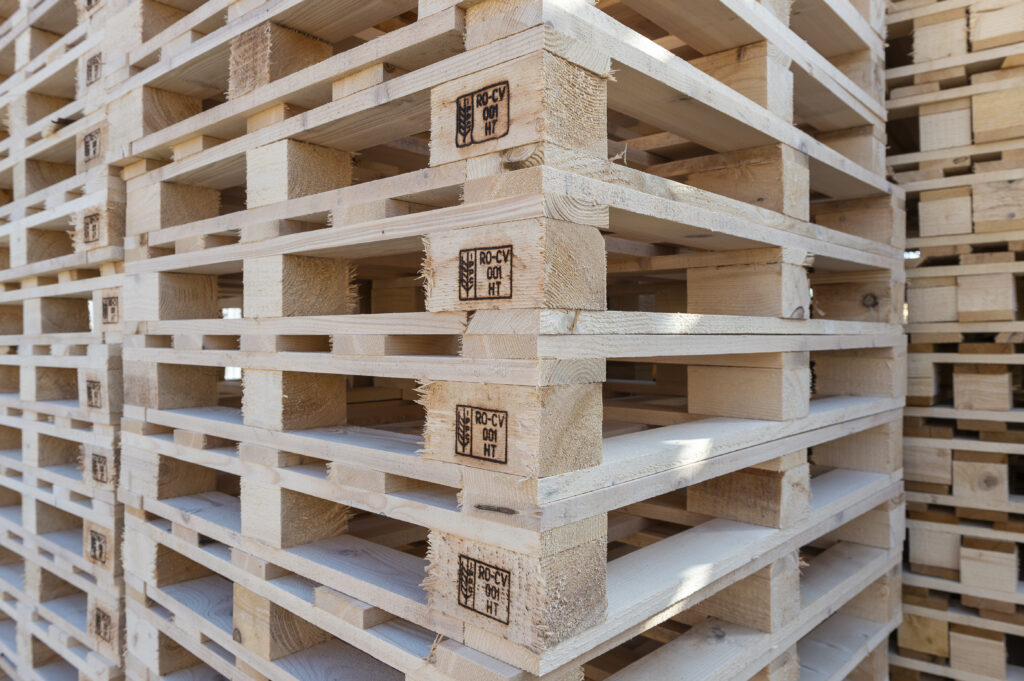

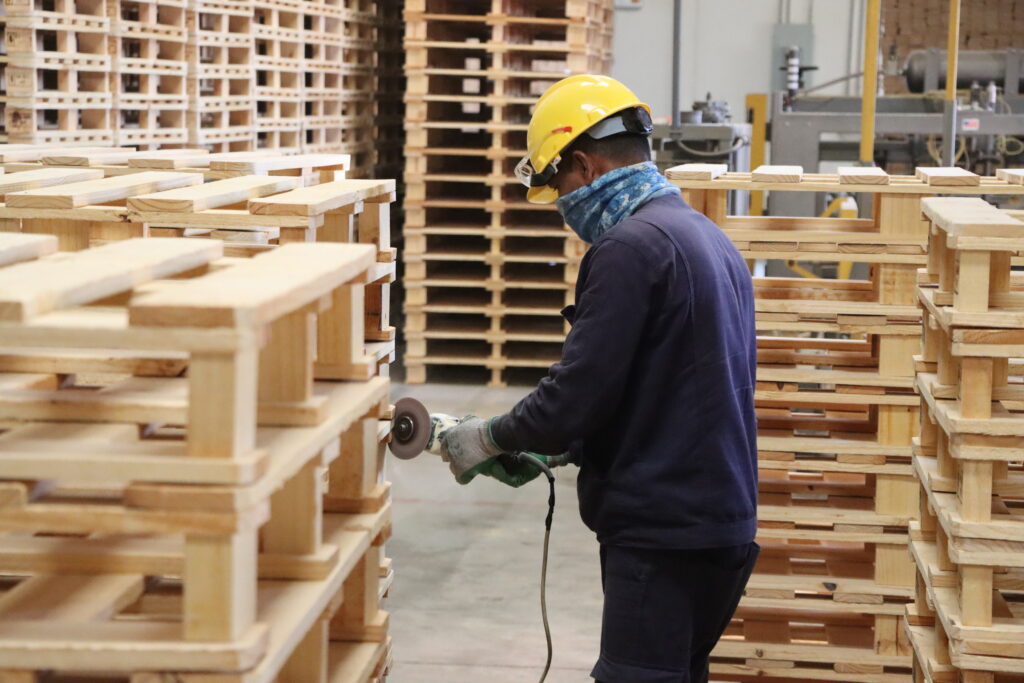
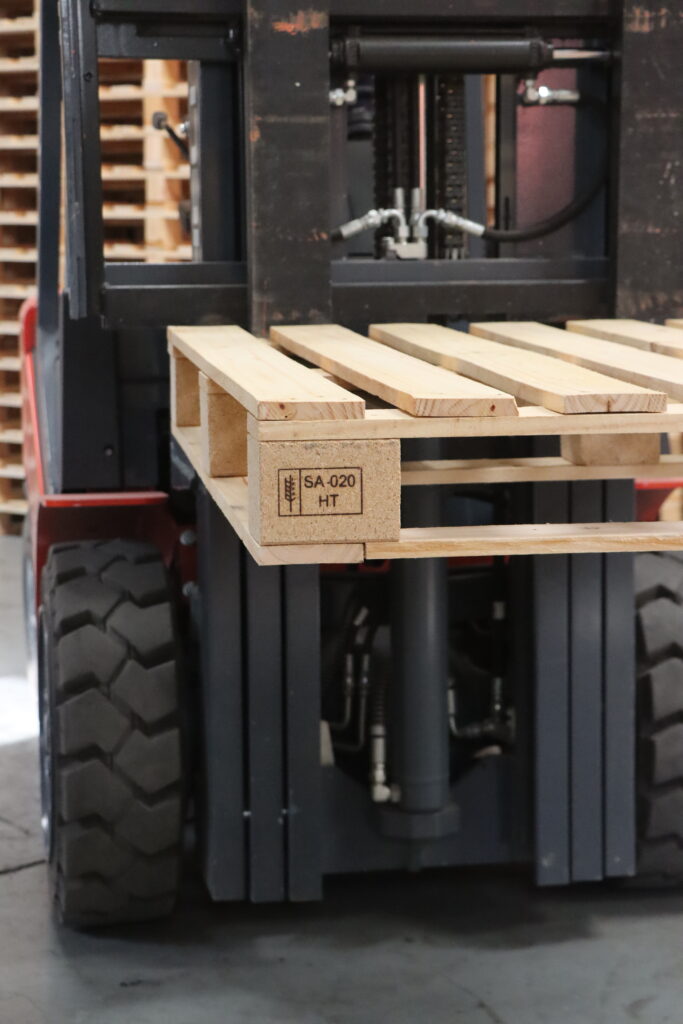
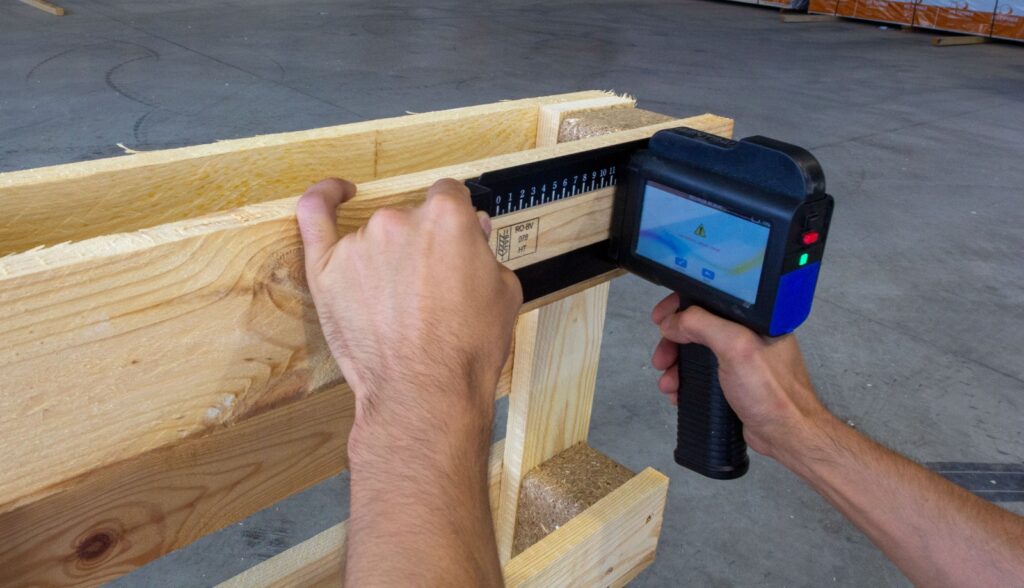

Related publication
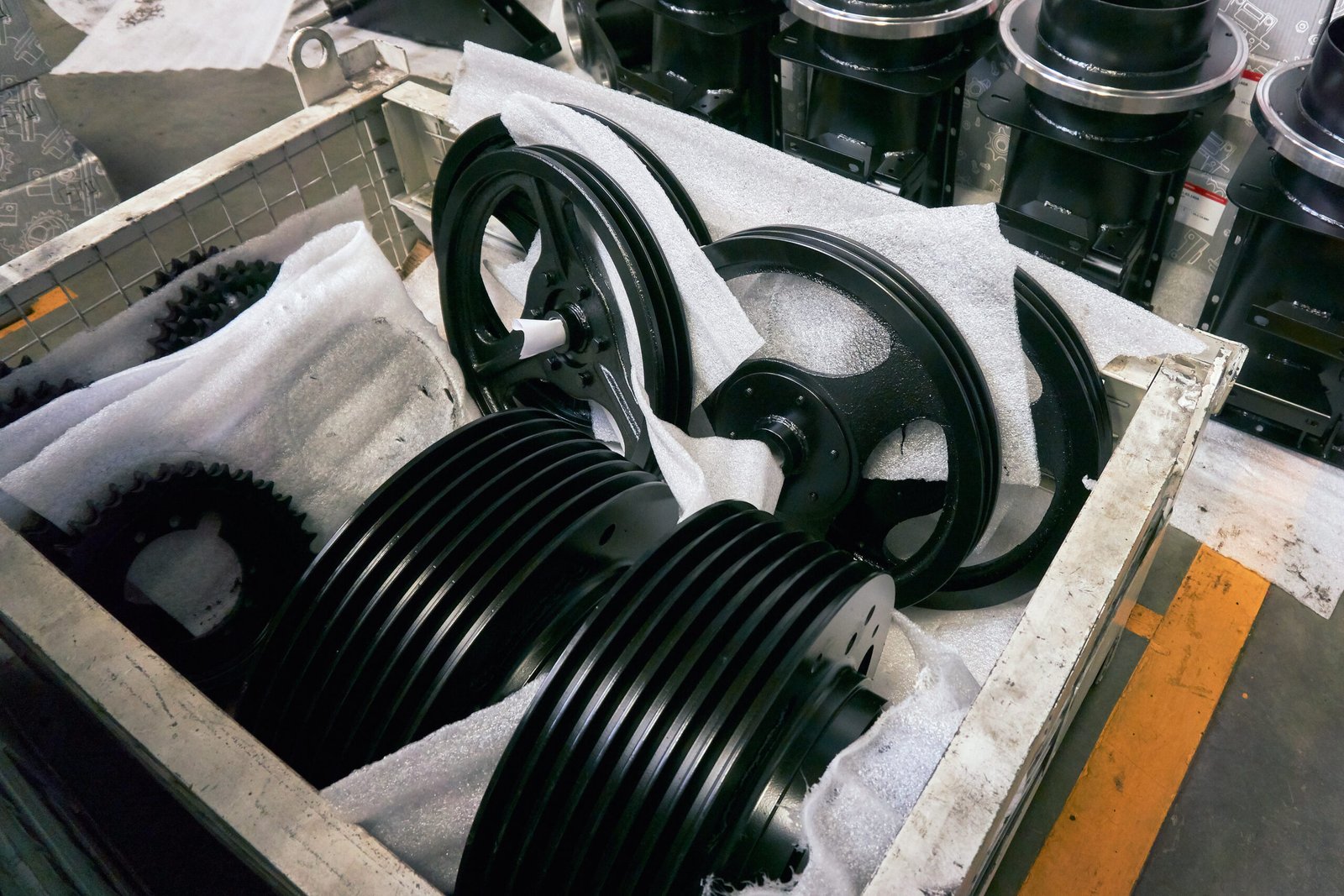
Metal Packaging: Steel Racks, Stillages, and Gitterboxes
December 17, 2025
- Insights
- Austria, Bahrain, Bulgaria, Denmark, Germany, Hungary, Kuwait, Moldova, Oman, Poland, Romania, Saudi Arabia, South Africa, United Arab Emirates
- Automotive
- Industry solutions
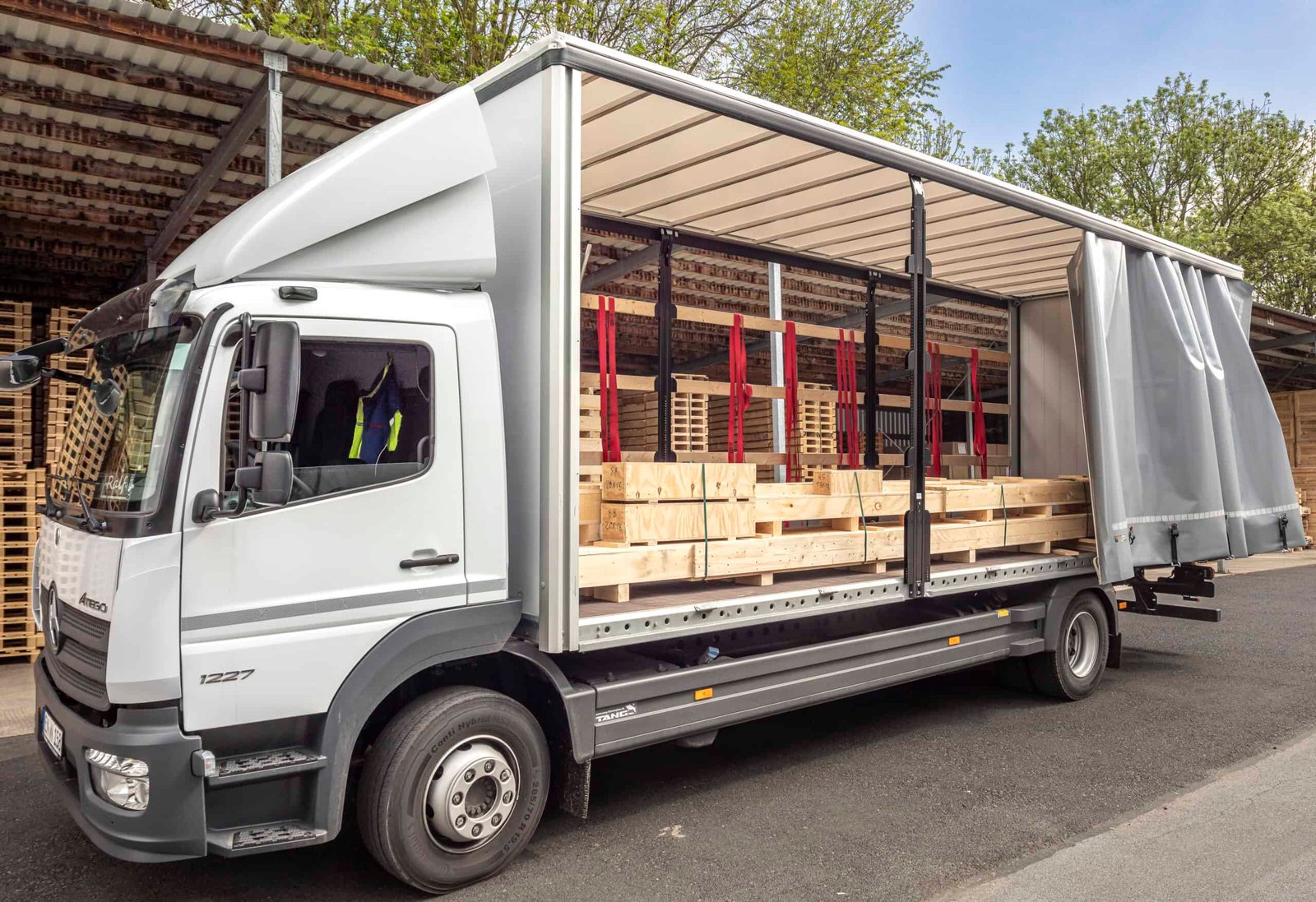
Just-In-Time Delivery and Agile Packaging Supply
December 11, 2025
- Insights
- Austria, Bahrain, Bulgaria, Denmark, Germany, Hungary, Kuwait, Moldova, Oman, Poland, Romania, Saudi Arabia, South Africa, United Arab Emirates
- Automotive
- Industry solutions
Would you like to know more details?
Fill in the form or ask the chatbot to establish the contact with us














 English
English Germany
Germany Hungary
Hungary Poland
Poland Romania
Romania